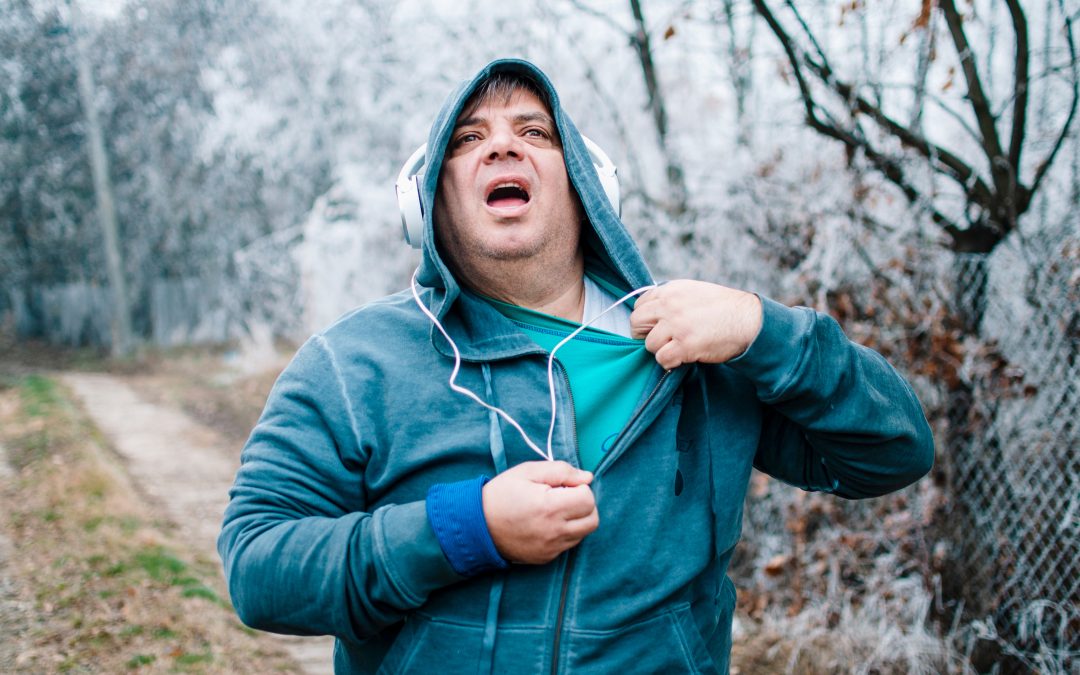Seasonal changes come with temperatures that vary by season, introducing different kinds of stressors to cardiovascular health. From the freezing cold of winter to the scorching heat of summer, the environment impacts how the heart functions. Knowing how seasonal change affects your heart and following steps to take effective care can greatly minimize health hazards, keeping your cardiovascular system healthy all year long.
The Impact of Cold Weather on Your Heart
Winter is known to impact the heart. Cold temperatures make the body work much more difficult for regulating an internal environment that should always remain fairly stable and put undue strain on the heart and the cardiovascular system.
How does cold weather affect your heart?

- Increased Blood Pressure
Cold weather causes constriction of blood vessels, hence a reduction in the flow of blood, leading to an increase in blood pressure. This extra burden increases the danger for a patient who already suffers from hypertension or heart disease.
- Increased Chances of Heart Attack
The heart has to work harder than usual when in cold weather. Older persons and patients having heart diseases are more susceptible to strokes due to this.
- Pressure by Hypothermia
Prolonged exposure to cold climatic conditions lowers the body temperature considerably and leads to hypothermia. Extra effort must be made by the heart to pump blood well to maintain the heat, which could put quite a strain for one with a weakened cardiovascular system.
Heart Health Tips For Winter
For protecting your heart against the colder climatic conditions, these are the essentials that you must follow:
– Keep Warm: Put proper warm clothes and limit time outdoors in cold weather.
– Don’t overdo these tasks: Snow shoveling, and other snow-related activities. These can place undue stress on the heart. Take regular breaks and do not overexert.
– Be Aware of Symptoms: Note that symptoms include chest pain, shortness of breath, or changes in heart rhythm. Be sure to call for help immediately if these occur.
How Extreme Summer Weather Affects the Heart
Heat waves and higher temperatures during summer present additional challenges. The body attempts to cool off by sending more blood out to the skin; this increases the load on the heart. For the heart patient, there is extra strain that has a tendency to aggravate complications.
What Is Heat – Related Stress?

- Dryness :
In hot weather, dehydration makes the blood thick and consequently raises the risks of clotting and other cardiovascular issues. Without enough fluids, your heart has to pump all the harder to circulate blood throughout the body.
- Risks of Heatstroke
When the body is subjected to excessive heat, it may lead to heatstroke. This condition also puts a heavy toll on the heart as well as other essential organs, and most of the time, it demands emergency medical attention.
‘
Summer Heart Health Hints
Keep cool and hydrate to protect your heart from high heat. Here’s how: Drink plenty of water during the day, even if you feel you don’t need to. Avoid caffeine and alcohol, which increase fluid loss. Wear Loose, Breathable Clothing: Choose light-colored, airy fabrics to help your body stay cool.
Key Precautions During Seasonal Transitions
- Regular Check-Up Schedules
Changes in seasons often make preexisting conditions like high blood pressure or arrhythmia worse. Regular health check-ups will enable tracking of these conditions closely.
- Change Medications
Ask your doctor to assess if your medications are appropriate for the times of the year. Some may need changes, as some medications require different dosages with varying levels of physical exertion or environmental tension.
- Exercising Indoors
With conditions as extreme as freezing to death or scorching outdoors, one should opt for indoors. There is less chance of being over-exerted or being exposed to unfavourable circumstances.
- Observe Your Body : Observe how your body responds to season variations.
Restlessness, dizziness, or chest pains are nothing to worry about as they could be signs of more serious cardiovascular diseases.
Seasonal Heart Health FAQs
– Does Cold Weather Make Heart Problems Worse?
Yes, because of the cold climate the blood pressure rises and chances of heart attack are also increased in winters. Moreover, it affected those who already had such conditions.
– Why does the heart rate slow down in extreme cold?
In severely cold weather, the heart will slow its pace to conserve energy and to maintain core body temperature. This can pose quite a threat for anyone with compromised heart function.
Conclusion
Each season brings its challenges to your heart. From the constraining effects of cold to the dehydrating dangers of heat, the environment has such a role in cardiovascular health. Knowing how cold weather affects your heart and preparing for seasonal transitions can protect it proactively.
Other than that, control over heart health can be achieved through prevention. The first such precaution is to ensure hydration. Then comes appropriate dressing according to the season. And, of course, keeping an eye on your symptoms. Keep a close eye on what your body is telling you, and don’t forget the regular check-ups, changing your lifestyle according to the new season. Then it will reward you with a healthier, more resilient future

